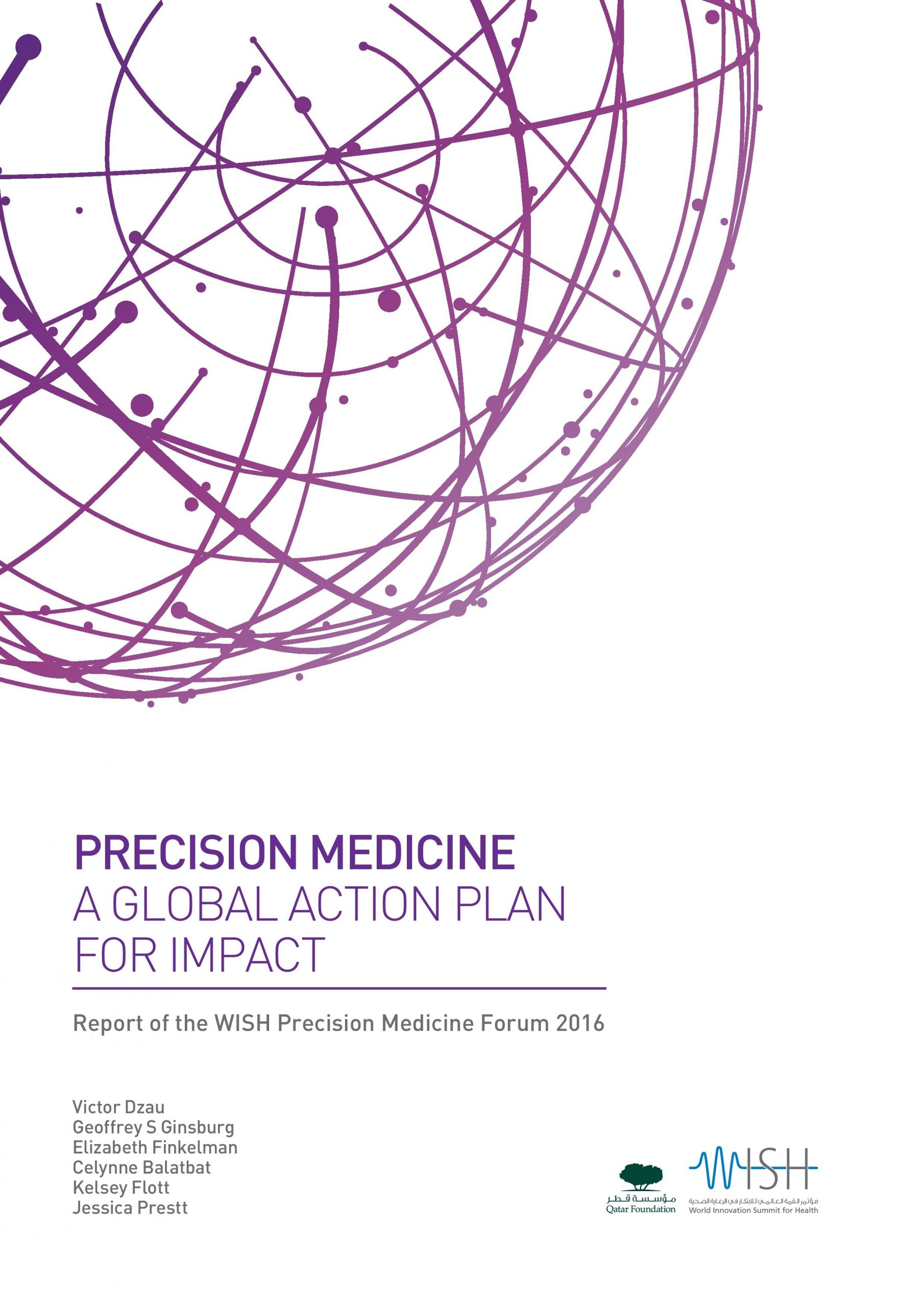Executive Summary
Since the turn of the century, global achievements in scientific research have enabled us to realize a new era of healthcare delivery and treatment. Diseases are becoming better understood, even at their most detailed level, which has allowed scientists to develop new drugs, therapies and preventative techniques to combat problems in very specific ways. A new form of healthcare delivery, one that is determined by a patient’s genetic and personal characteristics, has become possible.
Precision Medicine (PM) is defined as: “the tailoring of medical treatment to the individual characteristics of each patient… to classify individuals into subpopulations that differ in their susceptibility to a particular disease or their response to a specific treatment… [allowing] preventative or therapeutic interventions [to] be concentrated on those who will benefit, sparing expense and side effects for those who will not”.
As this definition suggests, the power of PM lies in its opportunity to guide healthcare decisions toward the most effective prevention of disease or treatment for a given patient, improving care quality while reducing unnecessary diagnostic testing and therapies. When applied at the population level, PM holds immense promise for public health, particularly in disease prevention and risk assessment.
Despite recent breakthroughs and PM’s growing momentum, significant challenges and barriers remain to its broad implementation and integration in medical practice globally. For PM’s potential to be fully realized, policymakers will need to address these critical challenges. With the input of international PM experts, the World Innovation Summit for Health (WISH) Precision Medicine Forum explores the complexity of these challenges, but also presents examples of successful projects that have overcome the barriers to integrate PM. Our report emphasizes the need for stakeholder groups across sectors and countries to collaborate and create an environment that is conducive to PM. We also identify the challenges in four key action areas that need to be addressed to fully enable PM

